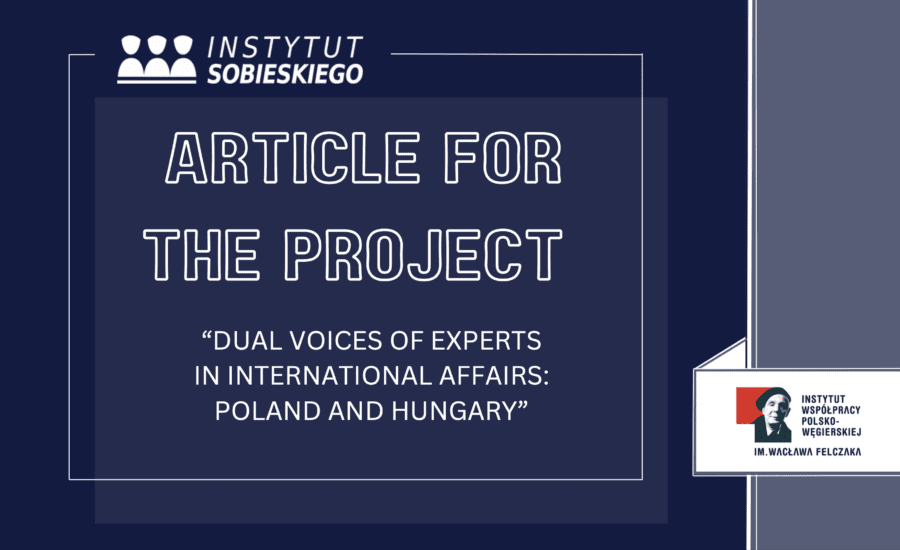
In the frame of the cooperation between the Sobieski Institute and the Europe Strategy Research Institute, Bernadett Petri, director of the Europe Strategy Research Institute, provides an incisive analysis of the EU Migration Pact and its implications, especially for Hungary and Poland, within the broader framework of EU migration policy.
The recent Implementing Decision of the Migration Pact introduces specific quotas and calculations, which, according to Petri, impose an unfair burden on Member States like Hungary, who are most vocal in their opposition to the current EU migration policy. Poland, having also expressed strong criticism, offers Hungary a potential ally to advocate for policy revisions and to potentially form a unified V3/V4 stance on migration issues.
The Migration Pact, passed in April 2024, was intended to balance responsibility and solidarity across the EU. However, Petri notes that the new quotas—derived from border control data—disproportionately impact countries actively defending their borders. For example, Hungary and Italy are tasked with processing over half of all asylum applications under the border procedure, a burden seen as neither fair nor sustainable, particularly when other Member States have much lower quotas.
Petri emphasizes that Hungary’s interests are clear: the Migration Pact should be reconsidered to reflect the realities and interests of Member States, and countries opposing the current migration framework should be exempted. She also highlights the need for EU funding to support Hungary’s border protection efforts and calls for exemption from penalties that leverage migration as a punitive measure.
Petri concludes that Hungary’s situation, coupled with Poland’s increasing resistance to EU migration policies, creates an opportunity for these nations to push for policy changes and greater EU support for border security. With migratory pressures mounting, Petri urges for a collaborative approach, both at an EU level and within regional alliances, to secure a sustainable and fair migration strategy.
The policy paper is available at the Sobieski Institute' website: